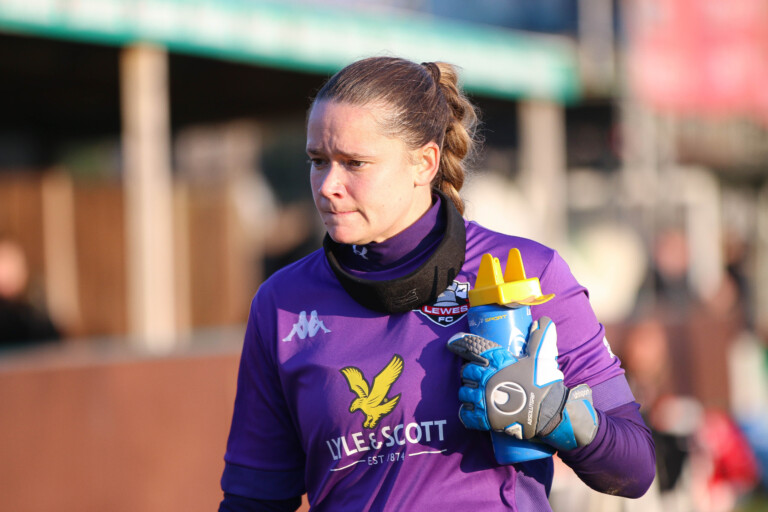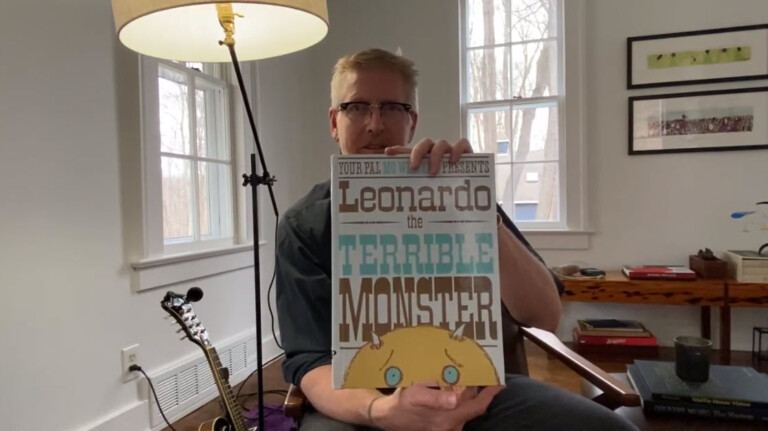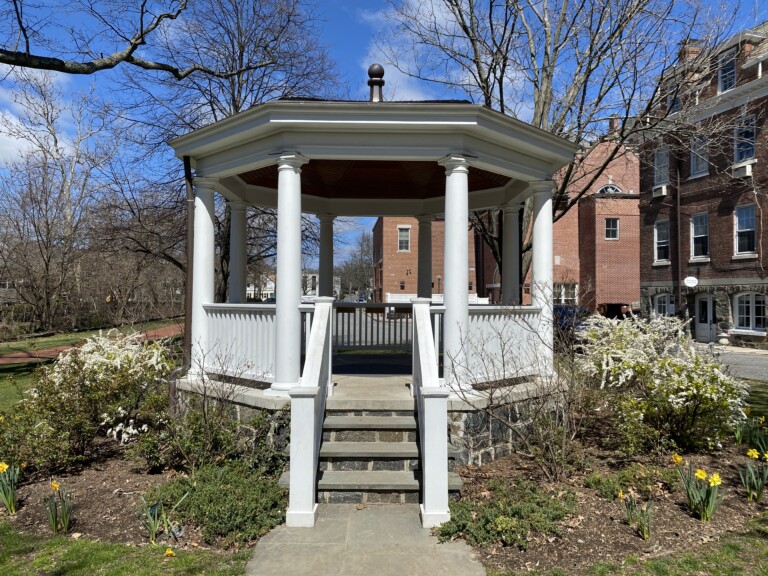RyeGPT People of Note: Archaeologist Junius Bird
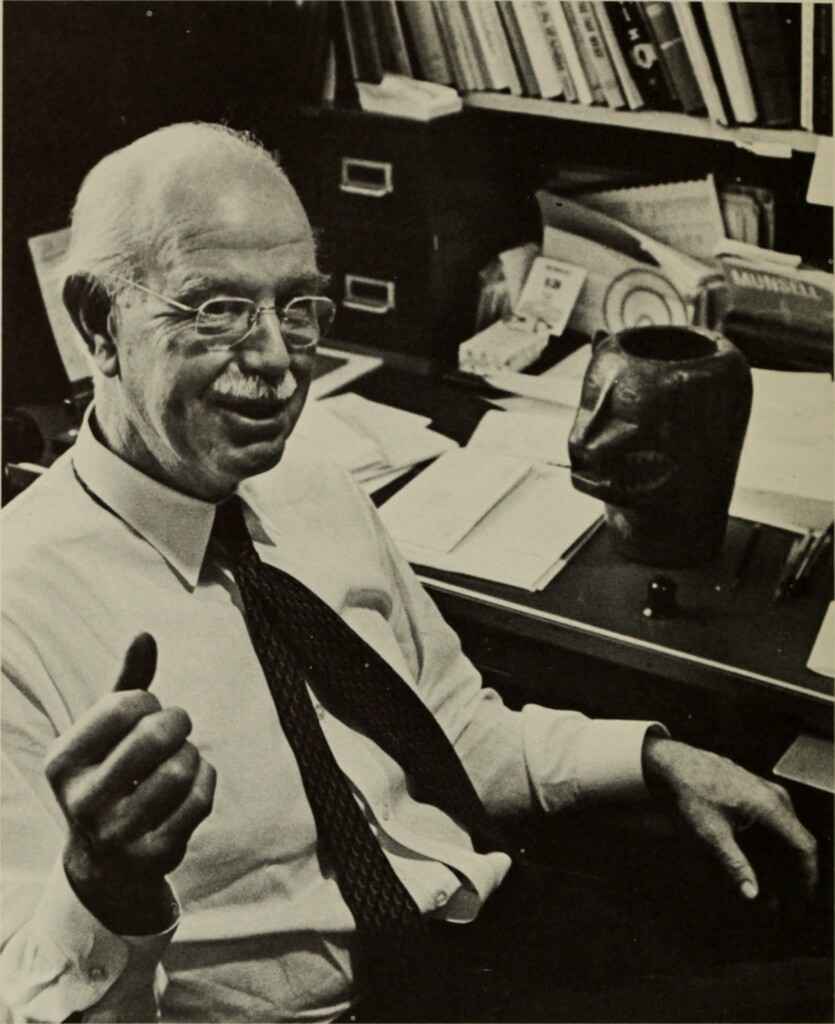
RyeGPT People of Note is a series highlighting individuals who have a connection to the City of Rye. In the series we ask OpenAI’s ChatGPT to prepare a biography and explain the individual’s connection to Rye.
We welcome your feedback on this series – the use of artificial intelligence, the accuracy and usefulness of each article and your assistance in understanding other pertinent insights related to the person’s connection to Rye.
You can add comments at the bottom of each article or you can send feedback via Tips & Letters.
Junius Bouton Bird (1907–1982) was a distinguished American archaeologist renowned for his pioneering work in South American prehistory. Born on September 21, 1907, in Rye, New York, Bird was raised in a family deeply rooted in scientific inquiry. His father, Henry Bird, was a notable entomologist, and his brother Roland T. Bird gained recognition as a paleontologist.
Bird’s academic journey began at Columbia College, where he was a member of the class of 1930. However, his formal education was brief, as he soon immersed himself in hands-on archaeological fieldwork. In 1931, he joined the American Museum of Natural History (AMNH) as an assistant to the curator of South American archaeology. By 1934, Bird was appointed as the curator of South American Archaeology at the AMNH, a position he held until 1973.
Bird’s fieldwork significantly advanced the understanding of early human settlements in South America. Between 1936 and 1937, his excavations at sites such as Palli Aike and Fell’s Cave in Chilean Patagonia provided evidence of human occupation dating back approximately 11,000 years.
In 1946, Bird led excavations at Huaca Prieta in the Chicama Valley of northern Peru. This site yielded some of the oldest known textiles in the Americas, along with early cultivated plants and significant carvings. His meticulous analysis of these artifacts contributed to a deeper understanding of pre-Columbian cultures and their technological advancements.
Bird’s contributions extended beyond field excavations. He authored several influential publications, including “Travels and Archaeology in South Chile,” which compiled his field notes and insights from his Patagonian expeditions. His work earned him numerous accolades, such as the Viking Fund Medal for Archaeology in 1956 and the Order of “El Sol del Perú” in 1974. In 1961, he was elected president of the Society for American Archaeology.
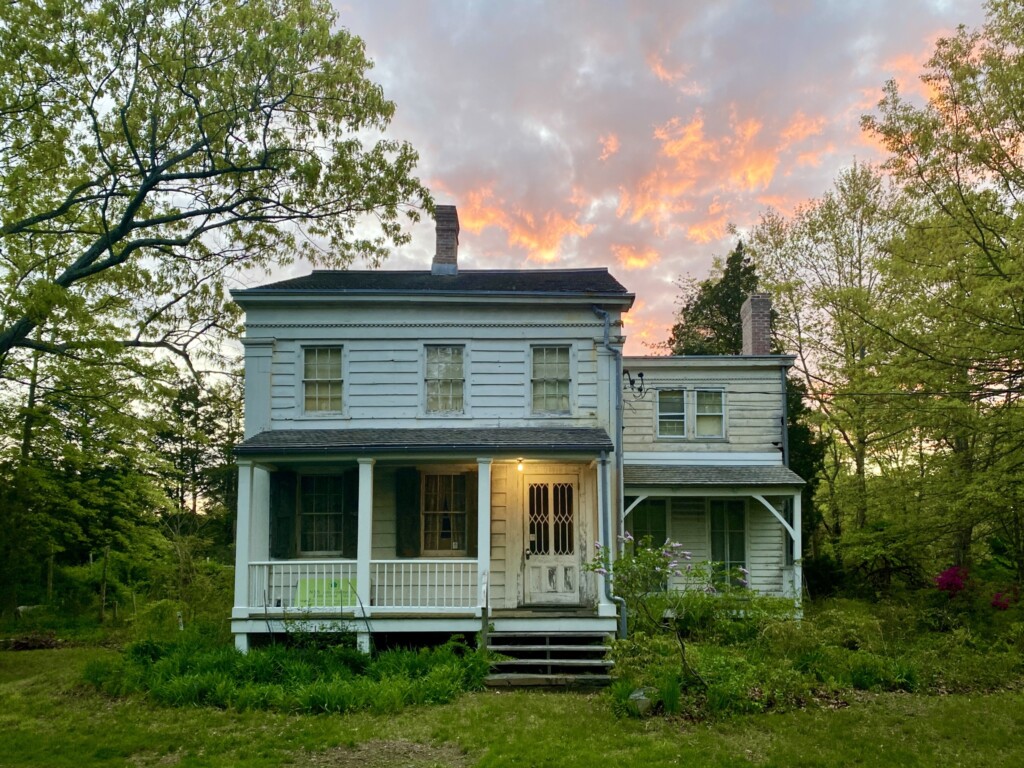
Connection to Rye, New York
Bird’s connection to Rye, New York, remained significant throughout his life. The Bird Homestead, located on the banks of the Blind Brook estuary in Rye, was his family residence. This 19th-century farmstead was home to three generations of scientists: Henry Bird, and his sons, Roland T. and Junius. The homestead is now listed on the National Register of Historic Places.
Junius Bouton Bird passed away on April 2, 1982, in Spuyten Duyvil, Bronx County, New York.


